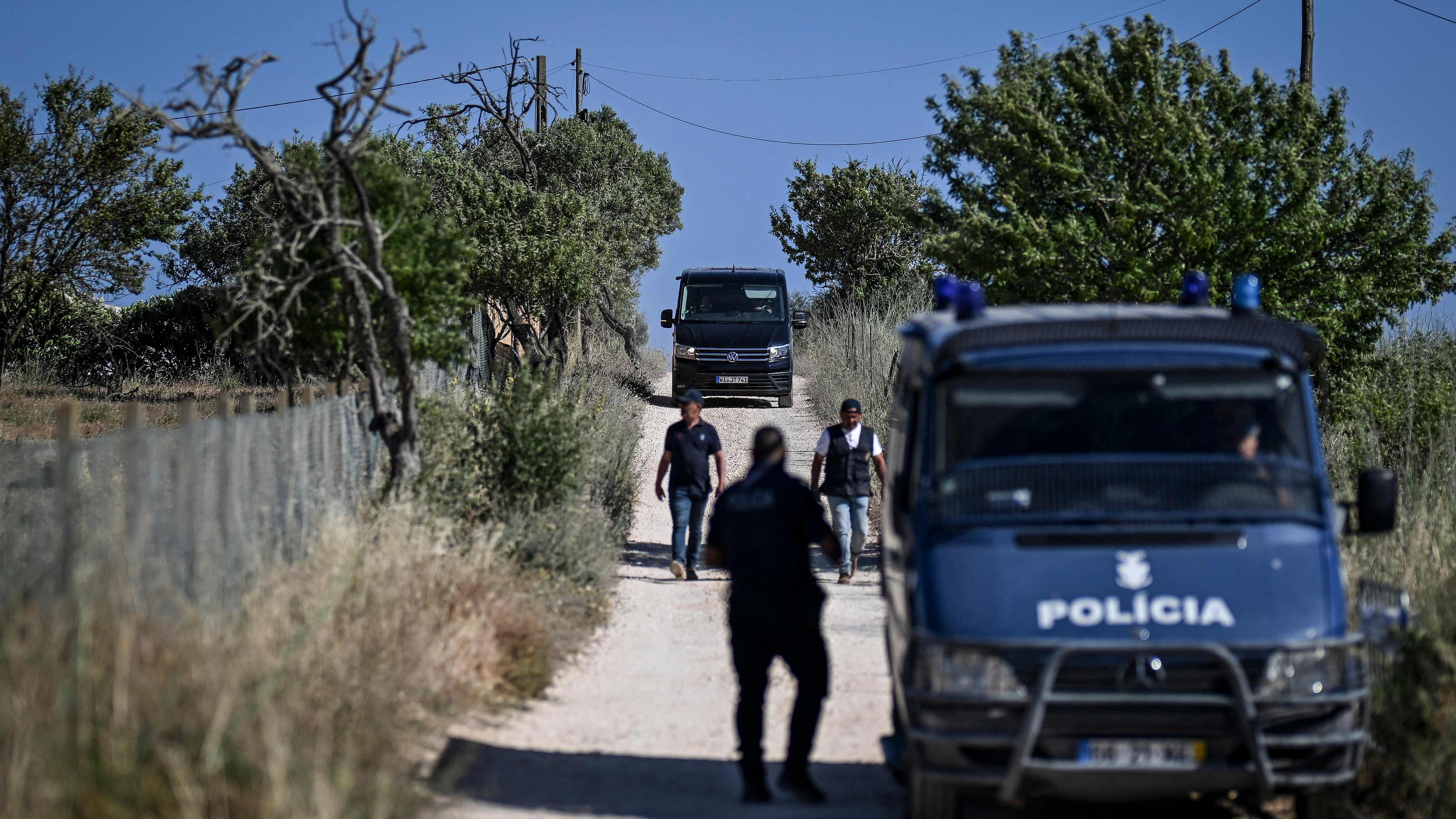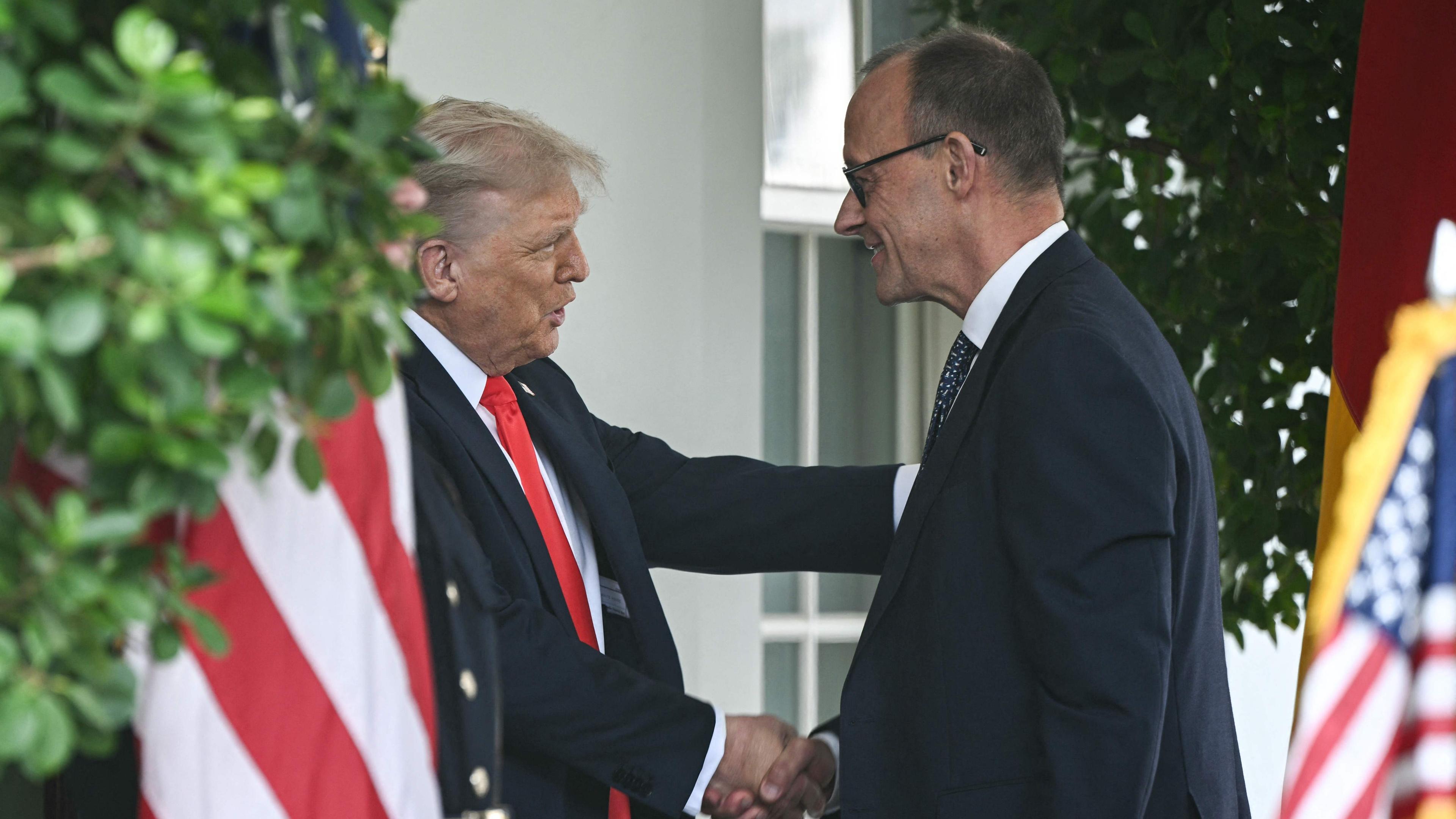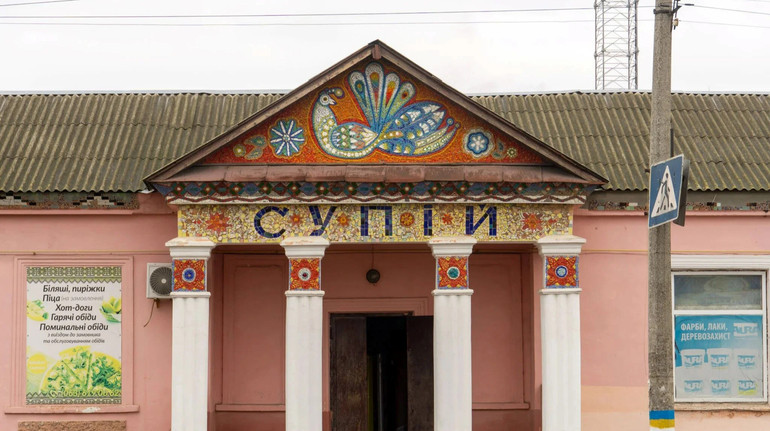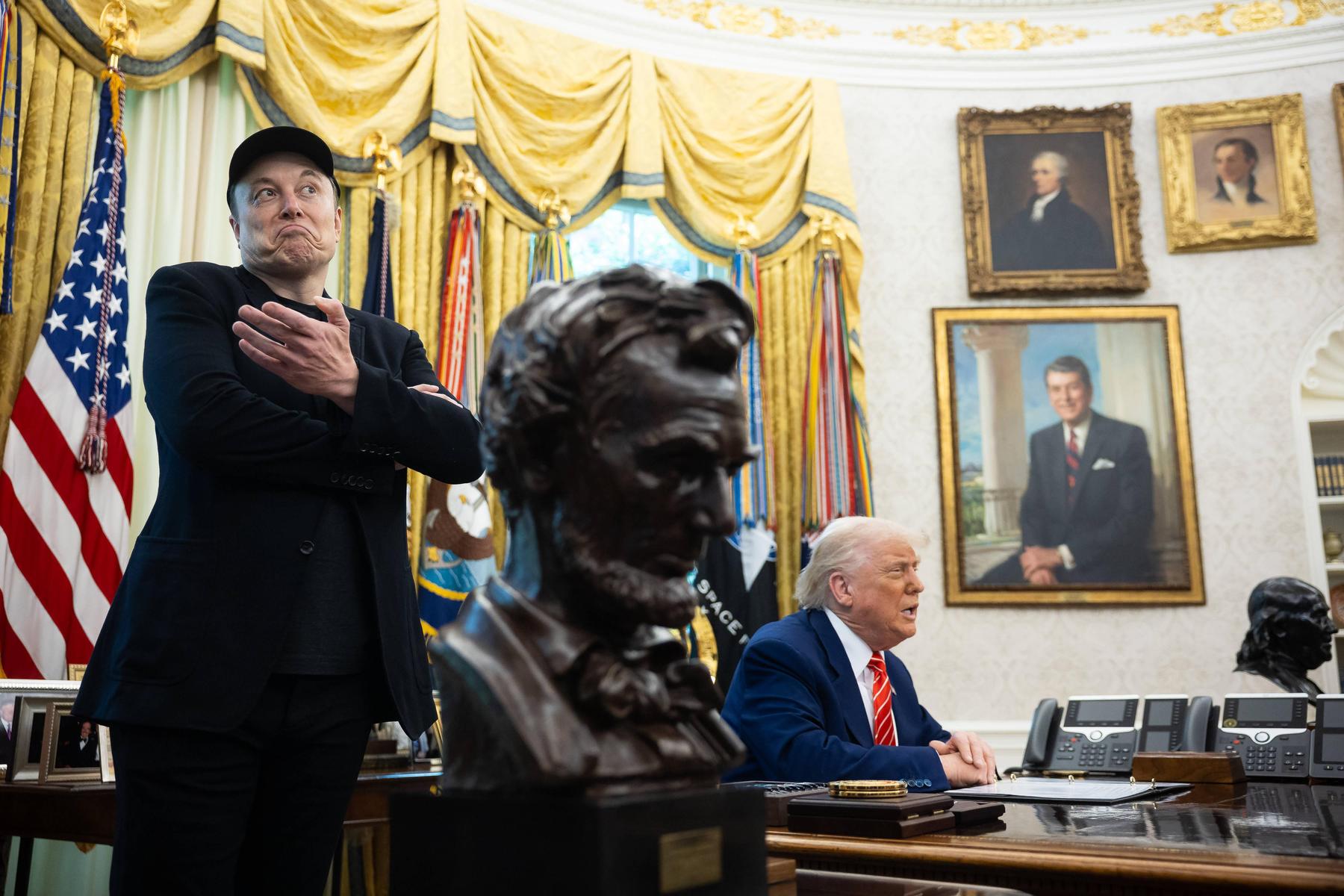New election in the Netherlands according to the government of the government
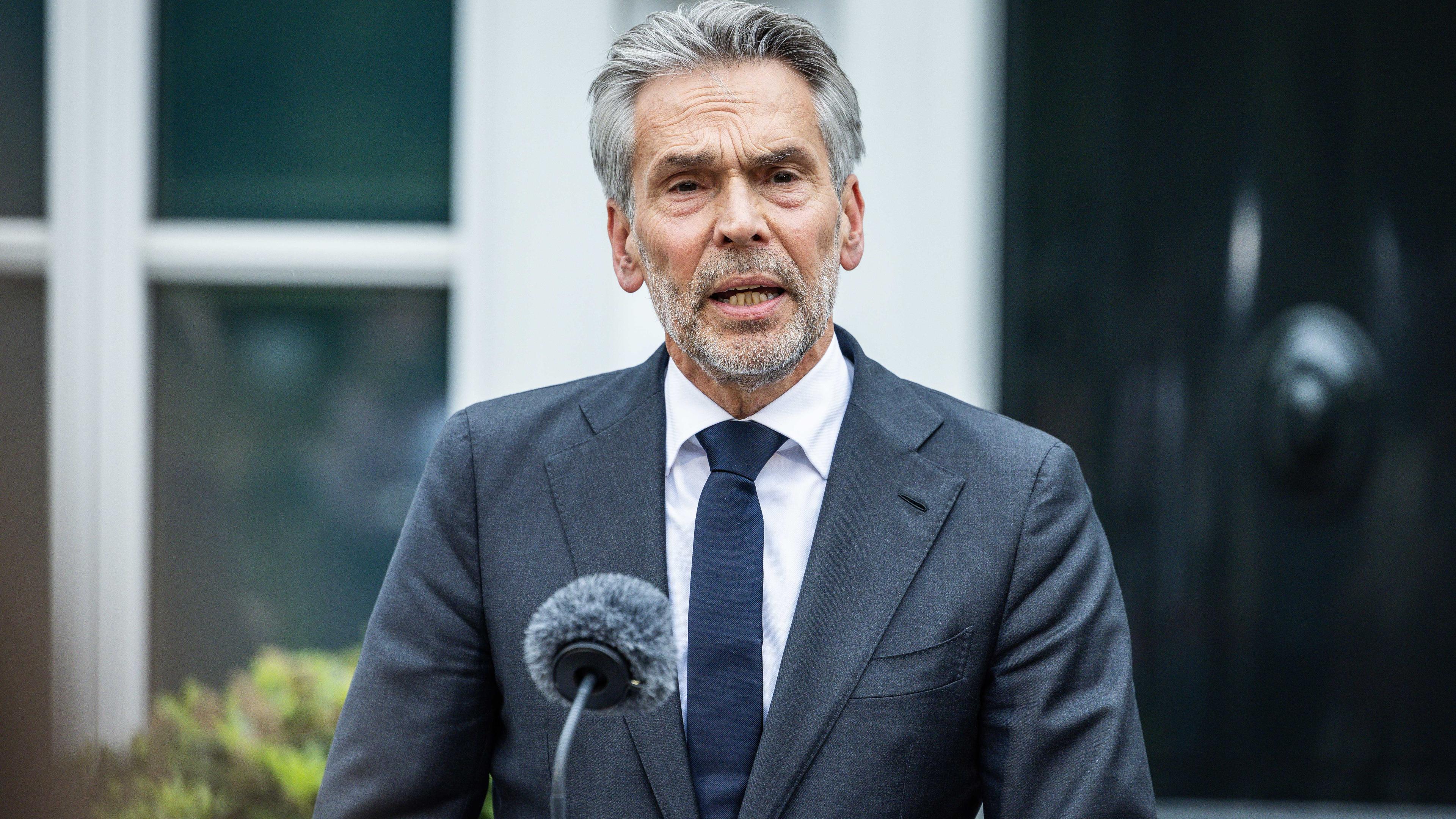
The right -wing government in the Netherlands has been under pressure for months, now the coalition has broken in the asylum dispute and there are new elections. This was announced by Prime Minister Dick Schoof after the right -wing populist Geert Wilders burst the government alliance in the dispute over a harder handling of asylum seekers. Schoof said that he would offer the king’s resignation.
That is why Wilders drops the government
However, the government of the non -year -old prime minister, which started almost a year ago, initially remains in office. « I continue, » said Schoof, but he no longer wanted to stand up to a future government. The now upcoming hanging area meets the Netherlands just three weeks before an important NATO summit in the Hague, where the government is hosting.
New elections probably in autumn at the earliest
The new election, which was requested from the opposition after the end of the coalition, will probably only occur in autumn. Until then, the Netherlands threatens in part in political standstill.
Friedrich Merz: Despite the court ruling, rejections remain possible
Schoof said that he would continue to work on pressing topics with the remaining government parties. « Finally, life in the Netherlands and abroad continues and decisions have to be made that do not tolerate a delay. » However, there should be delays in controversial topics. Because all Wilders party ministers leave the government with immediate effect, the corresponding departments must be redistributed.
Wilders threatened many times
Wilders had threatened several times to let the government coalition burst if his demands for a tough course in asylum policy were not met. On Tuesday morning, he then declared the withdrawal of his radical right party for freedom (PVV) from the four-party alliance, in which it was involved as the strongest force.
The other coalition partners had previously not agreed to subsequently include a ten-point plan by the PVV with harder asylum rules in the coalition agreement. Instead, they suggested advice on the plans in parliament. Wilders didn’t want to go this path. « I couldn’t do anything else now than to say, then we withdraw our support for this cabinet, » he said.
Poland Prime Minister Tusk wants to ask a question of trust
Despite Wilder’s threats, this step was completely surprising on Tuesday morning – according to harsh, the reactions were out. Environment Minister Sophie Hermans, for example, said that she was « angry, pissed off and disappointed ». Wilders step is « irresponsible and unnecessary, » said Schoof. In view of pressing problems in the Netherlands and internationally, many politicians described Wilder’s decision as irresponsible.
Wilders wants to send refugees back
Basically, the government partners in the Netherlands agreed on a strict course in asylum policy. The PVV, the strongest force in parliament since the recent choice, has raised extensive demands such as the closure of the borders for all asylum seekers, the sending of tens of thousands of Syrian refugees or closing asylum centers. Wilders also called for an end to family reunification for recognized refugees.
Coalition from the start unstable
During the election in November 2023, the radical right party for freedom (PVV) of the Islam opponent Wilder had become surprisingly strongest. The PVV also moved into the government for the first time. The coalition also includes the right -wing Liberal VVD, the Center Party NSC and the right -wing populist farmers’ party BBB.
The four-party alliance was unstable right from the start. The Center Party NSC had strong doubts as to whether the government partner PVV would stick to the constitution. Most recently, the coalition parties NSC and VVD had criticized the PVV Minister of Asylum, Marjolein Faber, who accused them of incompetence.
Difficult situation probably also after new election
It is still completely open whether there are clearer political conditions after the new election in the Netherlands. The party landscape has long been so shattered that a number of partners are necessary for a government formation. Coalition negotiations were recently a difficult and protracted undertaking and the implementation of a joint course afterwards.
Surveys show that many people in the Netherlands expect to solve their pressing problems from politics instead of arguments on a big stage. There has been a lack of living space for years, many people can hardly pay their high energy bills and the implementation of environmental protection measures in the densely populated country leads to conflicts of interest.

